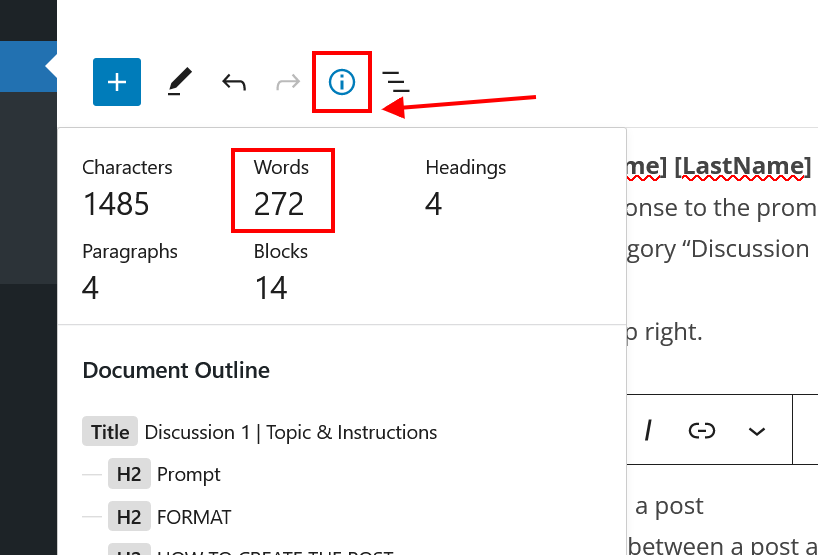In The Combahee River collective, there is a quote, “We might use our position at the bottom to make a clear leap into revolutionary action. If black women were free, it would mean that everyone else would have to be free since our freedom would necessitate the destruction of all the systems of oppression.” First, black women facing more issues in their lives and social classes. For white women, when they facing a sexism issue, it is a sexism issue; but if a black woman facing a sexism issue, it is not only a sexism issue, but also a racism issue. For black women group, sexism and racism these two elements effect them and it could not separate them when discuss one topic; Second, black women group are placing at the bottom of system racism and classism; if you want to set black women free, you have to remove the root of the whole system, not just save one or two black women free from these group.
The Combahee River also bought up the concept “identity politics”, she wrote “I believe that the most profound and potentially most radical politics come directly out of our own identity, as opposed to working to end somebody else’s oppression. In the case of Black women this is a particularly repugnant, dangerous, threatening, and therefore revolutionary concept because it is obvious from looking at all the political movements that have preceded us that anyone is more worthy of liberation than ourselves. We reject pedestals, queenhood, and walking ten paces behind. To be recognized as human, levelly human, is enough.
We should address and tell our own identities stories and experience, use these as a way to connect with our own groups, and by sharing it can empower us, also by telling our own stories, you won’t wait for other people to tell your stories, or even worse, they may rewrite your stories. In Paris is Burning, it shows us that how queer community was and how the queer culture was during that time. When the society doesn’t accept them, how they unite together and build their own culture and their own way to live.
Capitalism does effect a lot for race and gender. One of the examples is pink tax. Why pockets of women’s pants are so much smaller than the ones of men’s? And why women’s haircut is much expensive than men’s? Another example is equal pay-most countries in the earth still pay differently for women and men even they are doing the same jobs and position. Also same for race, most time for the same job, black people get paid less than white people. There are the impact I see when capitalism impacts race and gender.

